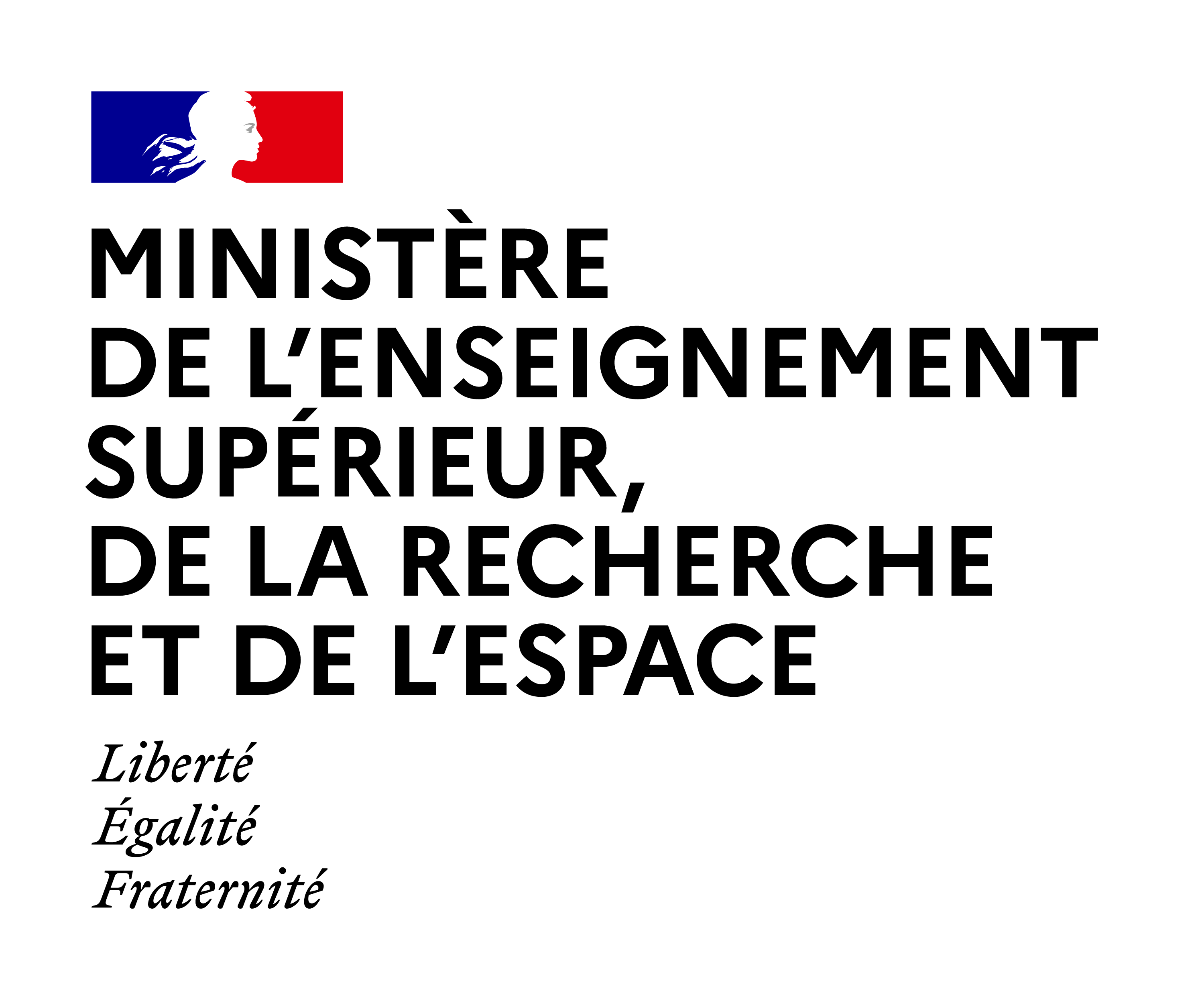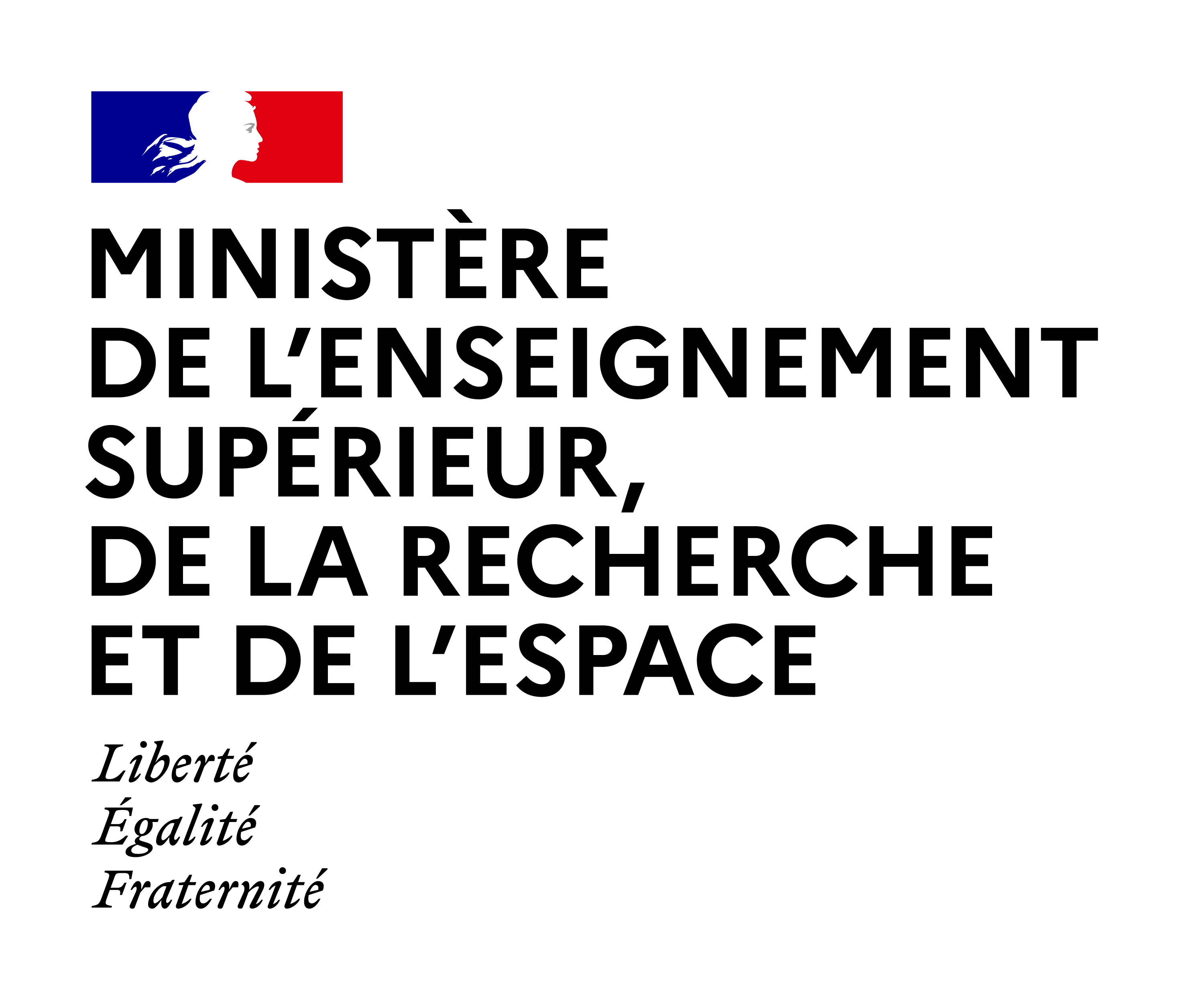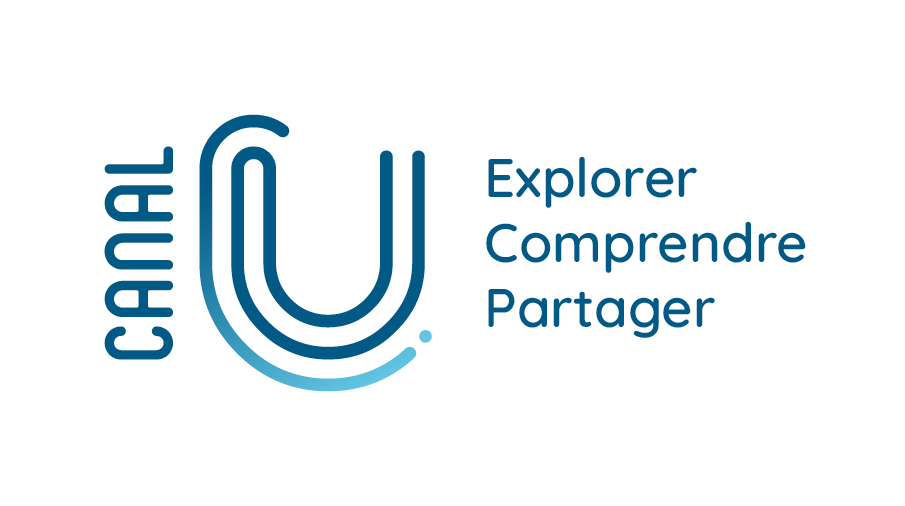
Sommaire
Subject position in heritage Spanish in the Netherlands and the US: a case for cross-linguistic influence / Brechje van Osch
Date de création :
20.06.2017Auteur(s) :
Brechje VAN OSCHPrésentation
Informations pratiques
Droits réservés à l'éditeur et aux auteurs. Tous droits réservés aux auteurs et à l'Université Toulouse Jean Jaurès.
Description de la ressource
Résumé
Subject position in heritage Spanish in the Netherlands and the US: a case for cross-linguistic influence / Brechje van Osch, in colloque "Bilingualism vs. monolingualism: a new perspective on limitations to L2 acquisition" organisé par le laboratoire Octogone-Lordat (Université Toulouse 2) sous la responsabilité de Barbara Köpke (UT2J), Holger Hopp (Technische Universität Braunschweig), Tanja Kupisch (Universität Konstanz), Université Toulouse Jean Jaurès, 19-20 juin 2017. Whereas heritage Spanish is a popular topic of investigation in the US, much less is known about heritage Spanish in combination with languages other than English (but see Irizarri van Suchtelen, 2016, and references there). The present study offers a relevant addition to the field by comparing two groups of heritage speakers of Spanish in different countries: one group in the US and another in the Netherlands. The topic of investigation is subject position with intransitive predicates. In Spanish, both preverbal and postverbal subjects are grammatical, but felicitousness depends on several syntactic, semantic and discourse constraints (Domínguez, 2013; Roggia, 2011). Most US based studies report that heritage speakers tend to overgeneralize preverbal subjects compared to monolingual baseline groups (e.g. Montrul, 2005; Zapata et al., 2005). This is not surprising given that in English postverbal subjects are ungrammatical, except for a few restricted contexts such as locative inversion (example 1). But while cross-linguistic influence from English is a plausible explanation, one cannot rule out simplification towards the default order in Spanish as an (additional) factor. It is therefore interesting to look at another dominant language. Dutch is a V2 second language that allows different types of constituents in the first position as long as the finite verb fills the second position. If the subject is in first position, it precedes the finite verb (example 2). If a different constituent, such as an adverb or an object, is in first position, the subject follows the finite verb (example 3). Because Dutch allows VS orders, Dutch heritage speakers of Spanish may be expected to overgeneralize preverbal subjects to a lesser extent than their US counterparts. A contextualized scalar acceptability judgment task was administered to 22 heritage speakers of Spanish with Dutch as their dominant language and 18 monolingual Spanish speakers. An example of a task item is shown in example 4. The results showed that the Dutch heritage speakers of Spanish overgeneralized postverbal, not preverbal subjects (figure 1). An adapted version of the task (the same design but different and slightly more items) was carried out with 24 Spanish heritage speakers in Newark, New Jersey, with similar proficiency (based on a lexical decision task and self-ratings). These speakers did not overgeneralize either order (figure 2). Preliminary data from elicited production seem to confirm these findings. The different preference patterns between the two groups suggest differential effects of the dominant languages, providing support for the role of cross-linguistic influence.
"Domaine(s)" et indice(s) Dewey
- Bilinguisme, multilinguisme (404.2)
Domaine(s)
- Langues
Intervenants, édition et diffusion
Intervenants
Édition
- Université Toulouse-Jean Jaurès-campus Mirail
Diffusion
Document(s) annexe(s)
- Cette ressource fait partie de
Fiche technique
- LOMv1.0
- LOMFRv1.0
- Voir la fiche XML




